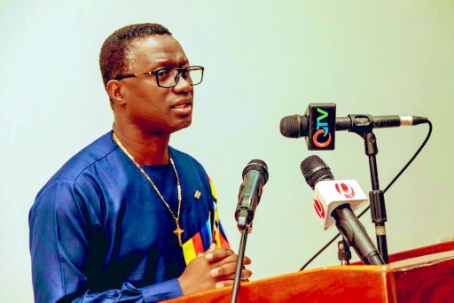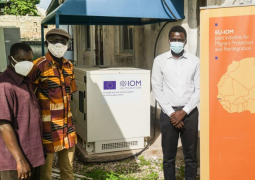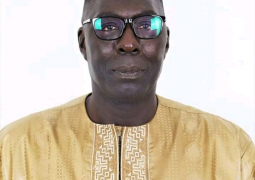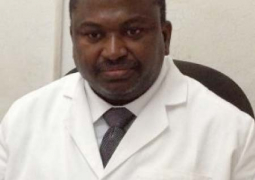
‘The Gambia needs homegrown engineers to lead that endeavour,’ he said.
Speaking at the Ministry’s daylong roundtable meeting with relevant stakeholders and financiers on the presentation of Higher Education Financing Strategy, at the Conference Centre in Bijilo on Monday, Minister Gomez states: “Higher education needs to be seen as an investment so as to train the youth of the country with skills to start developing our country.
“The reason we remain where we are since after independence is because we are yet to produce one homegrown engineer. How can we build roads, airports and other structures when we cannot produce one homegrown engineer after 57 years of independence?”
The rationale behind the meeting, which gathered ministers, experts and relevant stakeholders, is to provide deeper knowledge on higher education financing.
Currently, the tertiary and higher education sector in The Gambia is going through some transformation which requires human and institutional capacity development.
At the policy level, the Ministry has finalised a Strategic Plan (2021 – 2025) that focuses on access and equity, quality and relevance, scientific research and technological development, and sector management as programmatic areas of intervention.
The ministry has different strategies in the form of a document on how to finance higher education, he said, adding that the strategic document was tabled at cabinet and was unanimously approved.
“We have a population where 60-66% is youth. These are the people who everyday say they don’t have hopes in their village and must leave and come to Banjul, because that’s where paradise is,” the minister said. “But they come to Banjul and you don’t offer them the alternative they were looking for and the next thing they would do is to take on the desert and in the Mediterranean Sea.”
He noted that education is a road to freedom, as “it liberates the individual and also gives sustainable development”.
For his part, Seedy Keita, the minister for Finance and Economic Affairs, said that higher education is one of the key pillars to develop the human capital of a country, noting that the way they go about financing higher education will represent and reflect the commitment of the government to the very important capital formation process.
“This is why the government has left no stone unturned and has started by providing generous scholarship packages to enable Gambians to be able to do their higher education in other countries,” he said.
He added that scholarship packages witnessed significant strides and achievement, as there are lots of Gambians graduating in diverse fields, ranging from general education, teachers training, to degree programmes at the school of Law from the University of the Gambia as well as the Medical School.
According to him, higher education financing is a central pillar to any human capital formation process. This, he adds, was the reason the document – sustainable financing of higher education in The Gambia - was at the top of discussion at cabinet level.
Concluding, he said if they are to build their human capital formation process, they could only leverage that through a multi-faceted financial approach that would broaden a stakeholder engagement.





